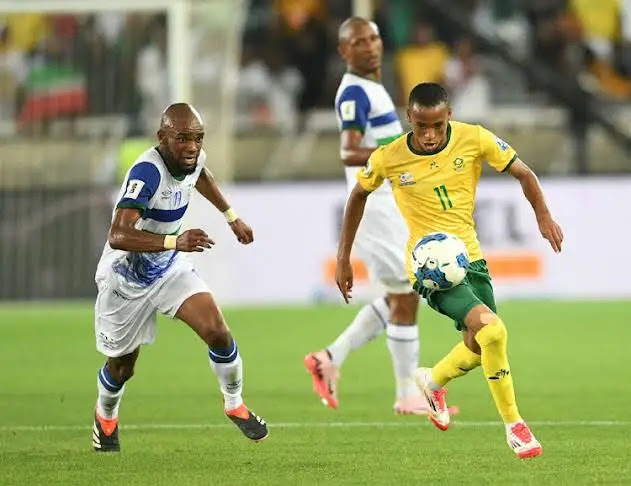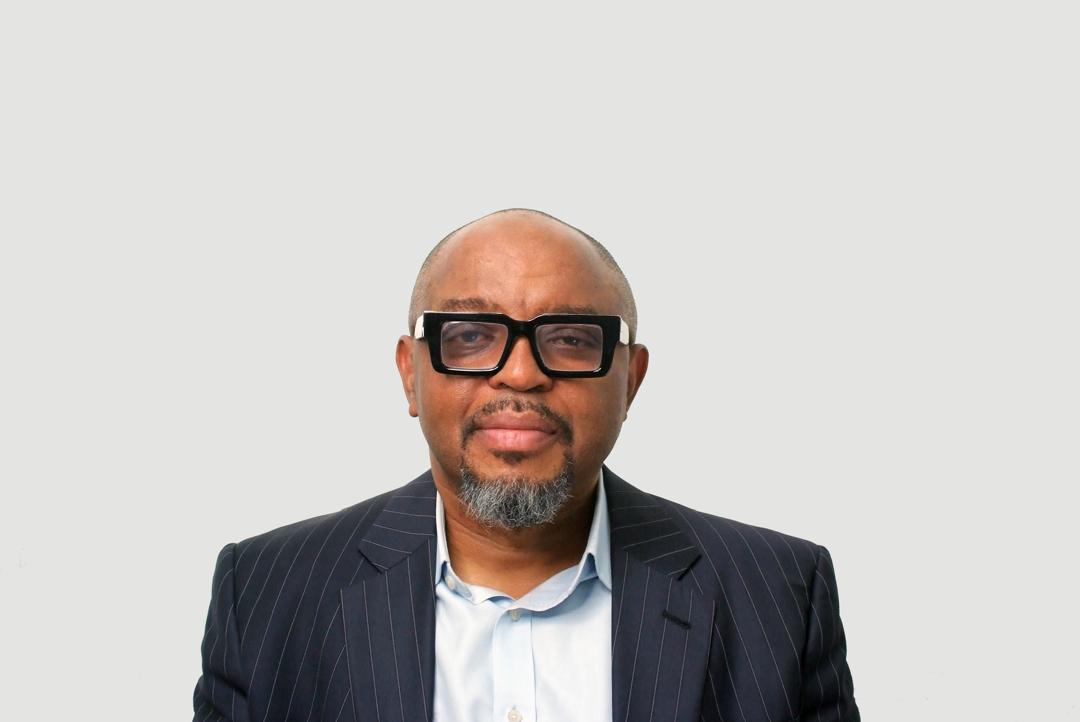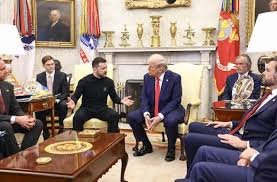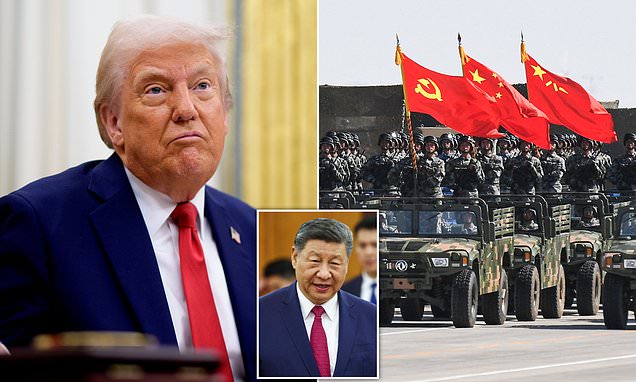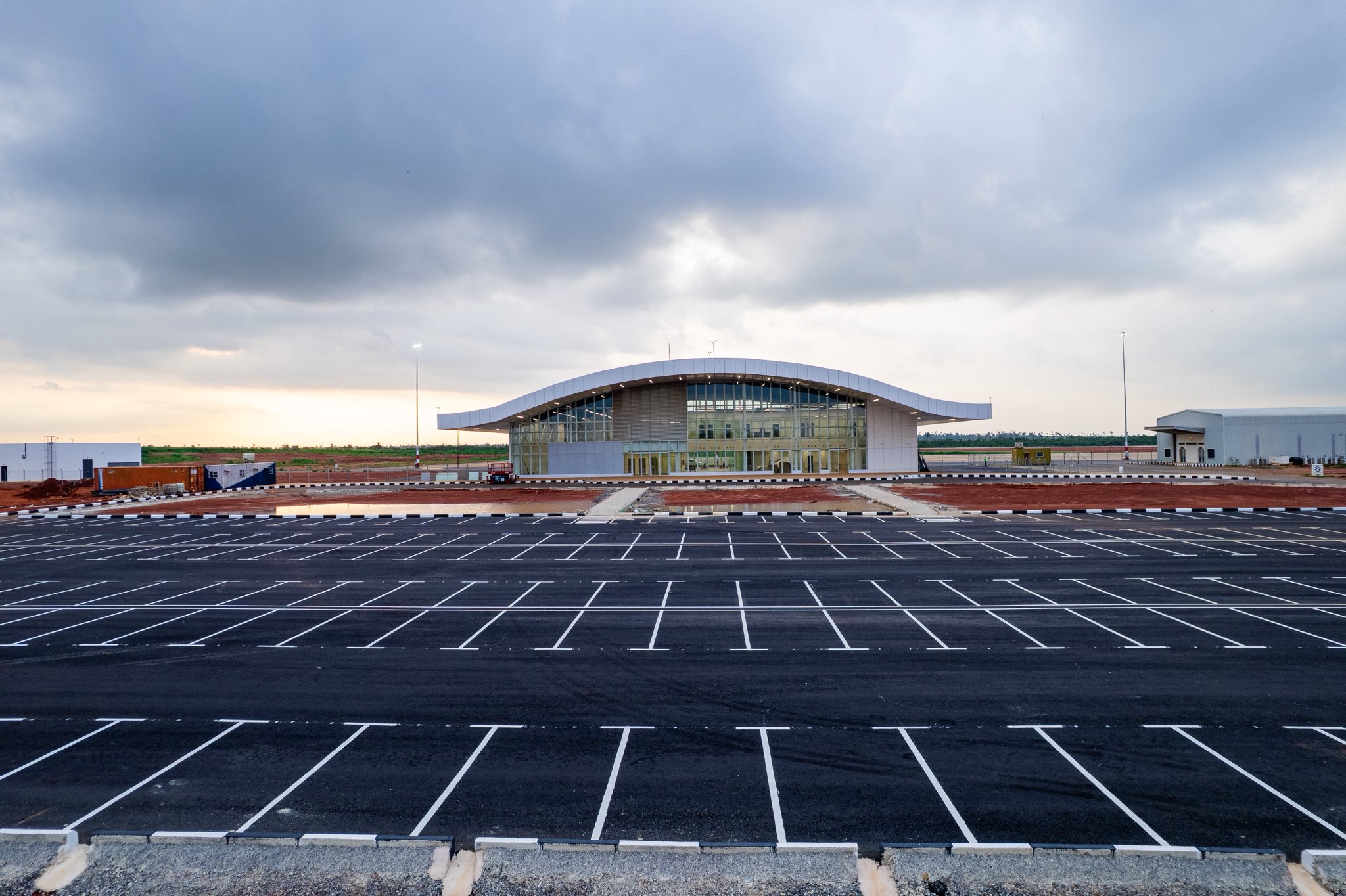In a dramatic turn of events that has sent shockwaves through Group C of the African qualifiers for the 2026 FIFA World Cup, Lesotho has threatened to lodge a formal protest against South Africa over the eligibility of midfielder Teboho Mokoena. The controversy, reported on September 4, 2025, by Linda Ikeji’s Blog, centers on Mokoena’s participation in a previous match against Lesotho despite accumulating two yellow cards, which should have resulted in a one-match suspension. The Lesotho Football Association (LFA), led by Secretary-General Mokhosi Mohapi, has warned that it will escalate the matter to FIFA if Mokoena is included in South Africa’s squad for their upcoming qualifier on September 5, 2025, at the Free State Stadium in Bloemfontein. This development has heightened tensions in a fiercely competitive group that includes Nigeria, Rwanda, Benin, Zimbabwe, and Lesotho, with significant implications for the Super Eagles’ qualification hopes. This article provides a comprehensive exploration of the incident, its background, the potential consequences for Group C, and the broader context of Nigeria’s World Cup aspirations.
The Controversy: Lesotho’s Threat and Mokoena’s Eligibility
The crux of the issue lies in a 2-0 victory by South Africa over Lesotho in March 2025, during which Teboho Mokoena, a key midfielder for Mamelodi Sundowns and Bafana Bafana, played despite having received two yellow cards in prior matches. According to FIFA regulations, a player who accumulates two yellow cards in separate matches during the World Cup qualifiers is automatically suspended for the subsequent game. Mokoena’s participation in the Lesotho match, therefore, appears to violate this rule, raising questions about South Africa’s compliance with FIFA’s disciplinary code.
Mokhosi Mohapi, the Secretary-General of the LFA, has been vocal about Lesotho’s intent to challenge Mokoena’s eligibility. In an interview with Soccer Beat, Mohapi stated, “If South Africa dare play Teboho Mokoena, we will lodge a protest and will tell you why. We will lodge a protest which goes back to the other match, because he has never served the suspension that he was meant to have served.” Mohapi’s threat is not merely rhetorical; he indicated that Lesotho would wait three minutes into the upcoming match against South Africa on September 5, 2025, before formally submitting a protest to FIFA, a strategic move to maximize the impact of their grievance.
Under FIFA rules, if a protest is lodged within 24 hours of a match’s conclusion and upheld, the offending team could face a three-point deduction, with the match result potentially overturned to a 3-0 loss. In this case, South Africa’s 2-0 win over Lesotho could be nullified, awarding Lesotho three points and deducting three from South Africa’s tally. Such an outcome would dramatically alter the Group C standings, where South Africa currently leads with 13 points, followed by Rwanda and Benin with 8 points each, Nigeria with 7 points, Zimbabwe with 3 points, and Lesotho with 2 points.
The controversy has cast a shadow over the upcoming Match Day 7 fixture between South Africa and Lesotho, set to take place in Bloemfontein due to Lesotho’s lack of FIFA-approved stadiums. South Africa’s head coach, Hugo Broos, has included Mokoena in his 23-man squad for the match, praising the midfielder’s recovery from injury and his importance to the team. The South African Football Association (SAFA) has defended Mokoena’s eligibility, arguing that the suspension was served appropriately, though details remain unclear. This standoff has created a tense atmosphere, with Nigeria and other group members closely monitoring the situation, as any points deduction could reshape the race for the automatic qualification spot.
The Context: Group C’s Competitive Landscape
Group C of the African qualifiers for the 2026 FIFA World Cup, to be co-hosted by the United States, Canada, and Mexico, is one of the most competitive groups in the Confederation of African Football (CAF) qualifiers. With only the group winner guaranteed a spot at the finals and the four best second-placed teams entering a playoff for an additional berth, every point is critical. South Africa’s lead with 13 points after six matches has positioned them as frontrunners, but the Lesotho protest threatens to upend their advantage.
Nigeria, the Super Eagles, are in a precarious position, sitting fourth with 7 points after a disappointing campaign marked by only one victory in six matches. Their 1-1 draw against Zimbabwe in March 2025, where a late equalizer by Tawanda Chirewa canceled out Victor Osimhen’s goal, underscored their struggles. Despite a 2-0 win over Rwanda in Kigali, Nigeria’s qualification hopes remain slim, with a six-point gap to South Africa and a challenging schedule ahead. The Super Eagles are set to face Rwanda on September 7, 2025, at the Godswill Akpabio International Stadium in Uyo, followed by a crucial away match against South Africa on September 9 in Bloemfontein.
Rwanda and Benin, both with 8 points, are also in contention, while Zimbabwe (3 points) and Lesotho (2 points) are at the bottom but could influence the group’s outcome through protests or upsets. Lesotho’s threat to protest is particularly significant for Nigeria, as a successful challenge could reduce South Africa’s points to 10, bringing them within reach and potentially opening a path to the playoffs for the Super Eagles. The Nigeria Football Federation (NFF) has acknowledged this possibility, with Media Director Ademola Olajire stating, “We are waiting to see how FIFA handles the South African case. We are also assessing our position to know the best we can do to qualify for the World Cup.”
The Background: Mokoena’s Role and South Africa’s Dominance
Teboho Mokoena, a 28-year-old midfielder, has been a cornerstone of South Africa’s midfield under coach Hugo Broos. With 40 caps and six goals for Bafana Bafana, Mokoena’s versatility and leadership have made him indispensable. His inclusion in the March 2025 match against Lesotho, despite the yellow card accumulation, appears to have been an oversight by SAFA, though the association maintains that the suspension was addressed. The lack of clarity surrounding the issue has fueled Lesotho’s case, with Mohapi insisting that Mokoena’s participation was a deliberate violation.
South Africa’s dominance in Group C has been built on a solid campaign, with four wins and one draw in six matches. Their 2-0 victory over Benin in March 2025 further solidified their position at the top, but the Lesotho controversy threatens to undo their progress. Broos, a seasoned coach who led Cameroon to the 2017 Africa Cup of Nations title, has emphasized the importance of focusing on the upcoming matches, stating, “The game next Friday is about a week away and I don’t want to think about Nigeria for the moment. My focus is on Lesotho because I know that is the most important game for the moment.” His decision to include Mokoena in the squad, despite the protest threat, suggests confidence in SAFA’s position but also risks escalating the dispute.
Lesotho, ranked among the lowest in CAF, sees the protest as a strategic opportunity to gain points through administrative means, given their slim chances of qualifying through on-field performance. The LFA’s determination to challenge South Africa reflects a broader trend in football where smaller nations leverage FIFA’s disciplinary processes to level the playing field against stronger opponents. A precedent exists in Bolivia’s 2018 case, where the team was sanctioned for fielding an ineligible player, resulting in match forfeits and points deductions.
Nigeria’s Struggles: A Team in Crisis
The Lesotho-South Africa dispute has given Nigeria a glimmer of hope in an otherwise dismal qualification campaign. The Super Eagles, three-time African champions, have been plagued by inconsistency, coaching changes, and missed opportunities. Their failure to qualify for the 2022 World Cup in Qatar, after a 1-1 draw against Ghana, has heightened pressure to secure a spot in 2026. The appointment of Eric Chelle as head coach, replacing Finidi George, was intended to revitalize the team, but results have been mixed.
The Super Eagles’ camp in Uyo, which opened on September 1, 2025, has seen 13 of the 23 invited players arrive, including key figures like Alex Iwobi, Victor Osimhen, and William Troost-Ekong. Iwobi, speaking to the media, expressed optimism, stating, “The mood in camp is good. Everyone is feeling positive and optimistic. We are all looking forward to the game.” However, the team’s performance against Rwanda and South Africa will be critical, as they need maximum points to close the gap with the leaders and secure at least a playoff spot.
Nigeria’s struggles have been compounded by tactical and personnel issues. The 1-1 draw against Zimbabwe, where they squandered a lead, highlighted defensive lapses and a lack of clinical finishing. Chelle has emphasized an attacking style, but the team’s inability to convert chances, as seen in their missed opportunities against Zimbabwe, remains a concern. The NFF’s concerns about the pitch quality at Free State Stadium, where they will face South Africa, add another layer of complexity to their preparations.
The Broader Implications: FIFA’s Role and Group C Dynamics
FIFA’s handling of Lesotho’s potential protest will be pivotal. The organization’s disciplinary committee is expected to review the case if a formal complaint is lodged, but the timing of the protest is critical. Lesotho’s decision to wait until three minutes into the September 5 match suggests a calculated approach, possibly to ensure maximum visibility and pressure on FIFA. Historical cases, such as Bolivia’s 2018 sanction, indicate that FIFA is willing to enforce strict penalties for eligibility violations, but the process can be lengthy and contentious.
For Group C, the outcome of the protest could reshape the standings. A three-point deduction for South Africa would bring them to 10 points, making the race for the top spot more open. Rwanda, with a favorable goal difference, could capitalize, while Nigeria’s chances of overtaking Benin or Rwanda for second place would improve. However, Nigeria must still win their remaining matches, including the high-stakes clash against South Africa, to have a realistic shot at qualification.
The controversy also highlights the challenges of administering international football, particularly in Africa, where resources, infrastructure, and oversight can vary widely. Lesotho’s inability to host matches in a FIFA-approved stadium, forcing them to play in Bloemfontein, underscores the disparities that smaller nations face. The LFA’s protest is a bold move to assert their rights, but it risks straining relations with South Africa, a regional powerhouse.
Fan and Analyst Reactions
The situation has sparked intense debate among fans and analysts. South African supporters, as reported by Central News South Africa, have rallied behind Mokoena, viewing Lesotho’s threat as “gamesmanship.” Comments on social media platforms like X, such as “Lesotho is scared of our star player,” reflect national pride and frustration. Analysts, however, caution that FIFA’s rules are clear, and any oversight by SAFA could have serious consequences.
Nigerian fans, meanwhile, are cautiously optimistic. Posts on X from the Super Eagles’ official account highlight the team’s preparations, with captain William Troost-Ekong rallying support: “We had a full-house training session on Wednesday evening at my home state stadium.” The prospect of a points deduction for South Africa has fueled hope, but fans remain frustrated by the team’s inconsistent performances, with some calling for tactical changes and greater accountability.
The Path Forward: Challenges and Opportunities
For Nigeria, the Lesotho-South Africa dispute offers a lifeline but no guarantees. The Super Eagles must focus on their matches against Rwanda and South Africa, leveraging their talented squad to secure victories. Chelle’s emphasis on energy and fast attacks could play to Nigeria’s strengths, but defensive discipline and clinical finishing will be crucial.
South Africa faces a delicate balancing act. Broos’ decision to include Mokoena signals confidence, but a successful protest could derail their campaign. SAFA’s administrative processes will come under scrutiny, and the outcome could influence future oversight of player eligibility.
Lesotho’s protest, while a long shot, reflects their determination to compete. For a team with limited resources, administrative challenges offer a rare opportunity to gain ground. The LFA’s resolve could inspire other smaller nations to hold larger federations accountable.
Conclusion
The Lesotho-South Africa controversy has injected uncertainty into Group C of the 2026 World Cup qualifiers, with Nigeria poised to benefit if FIFA upholds the protest. The dispute over Teboho Mokoena’s eligibility underscores the high stakes of international football, where administrative errors can have far-reaching consequences. For the Super Eagles, the situation is a reminder of the need to seize every opportunity, both on and off the field, to keep their World Cup dreams alive. As the qualifiers resume, all eyes will be on FIFA’s response and Nigeria’s performance, with the outcome shaping the trajectory of one of Africa’s most competitive groups.


